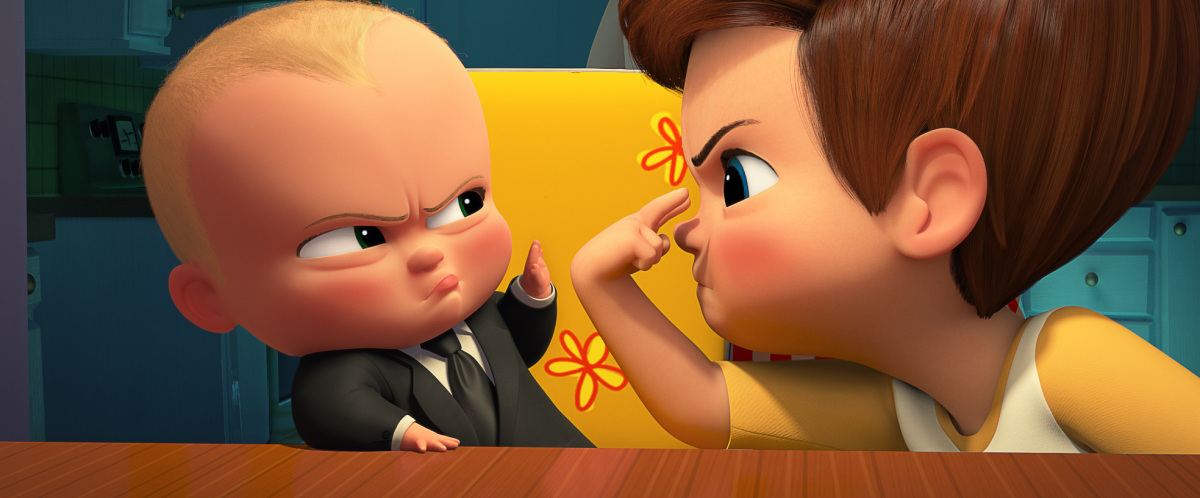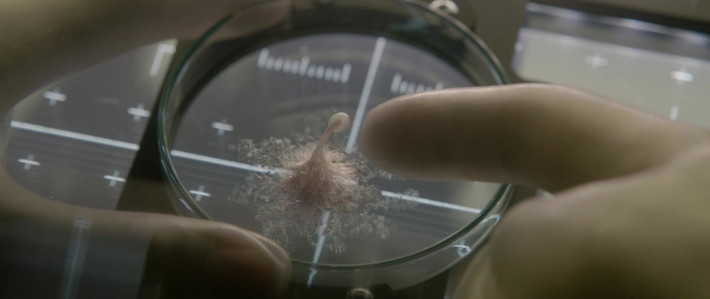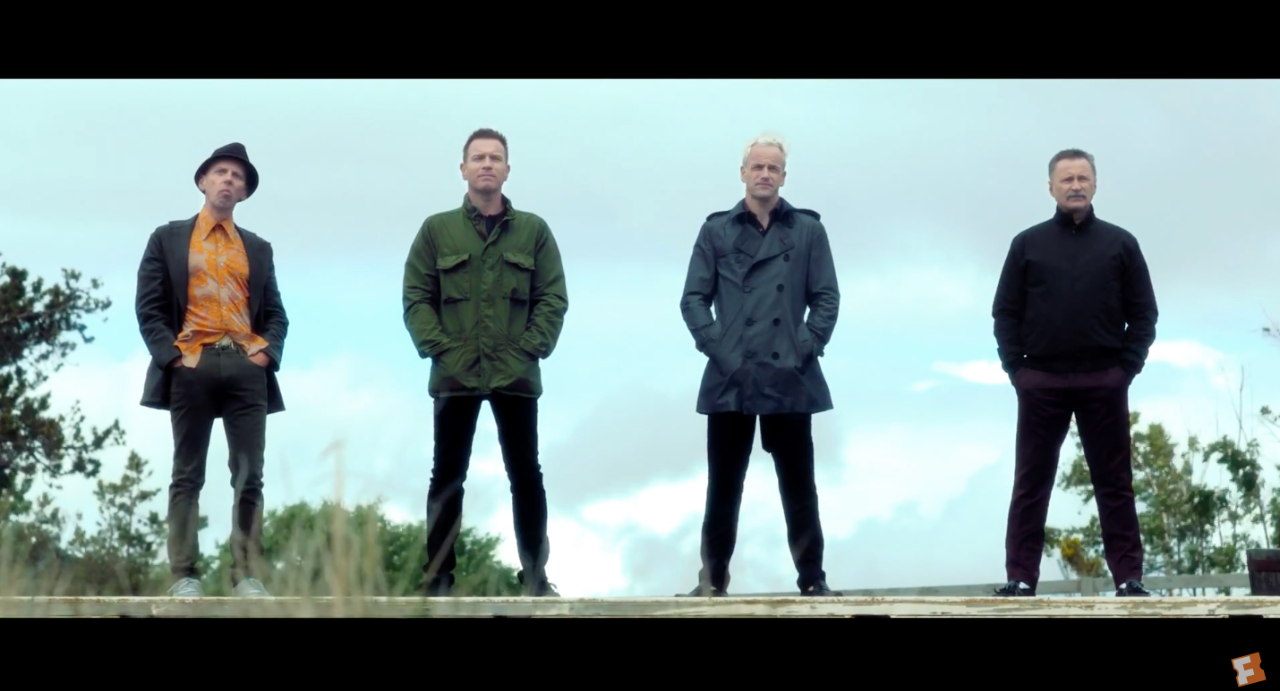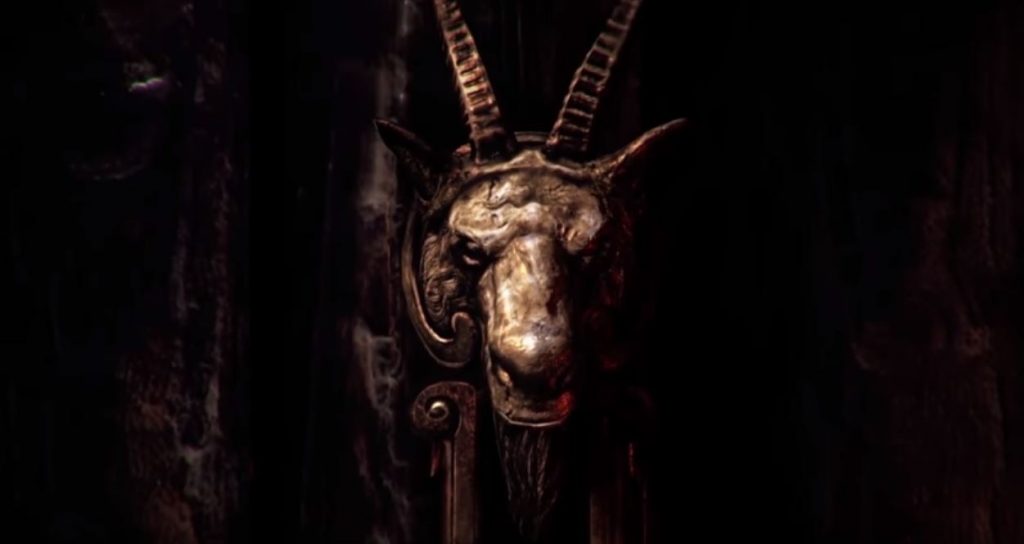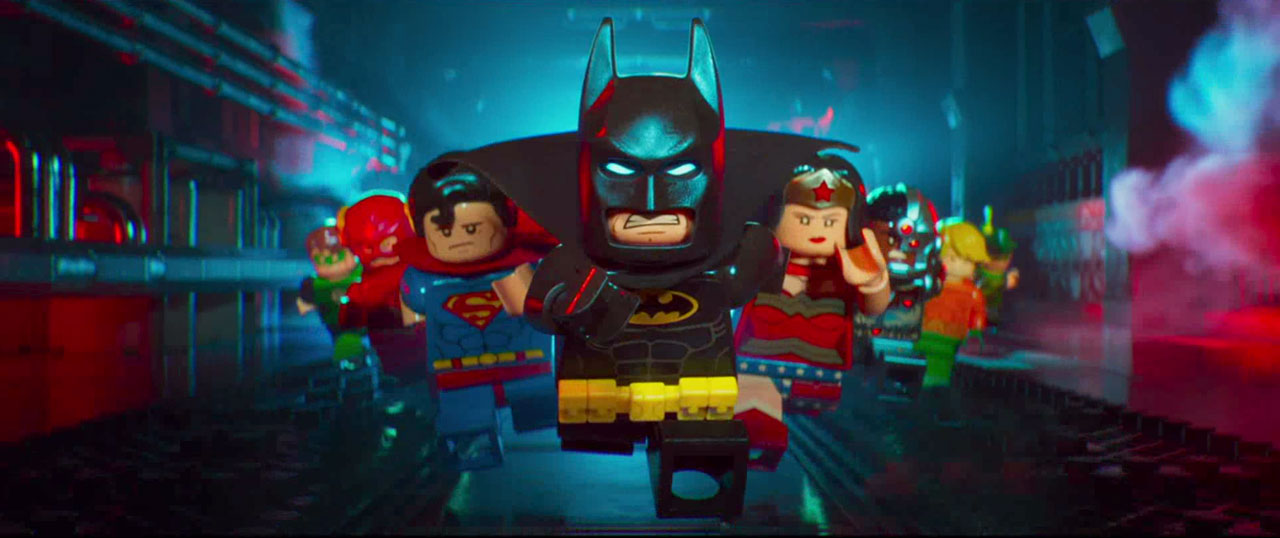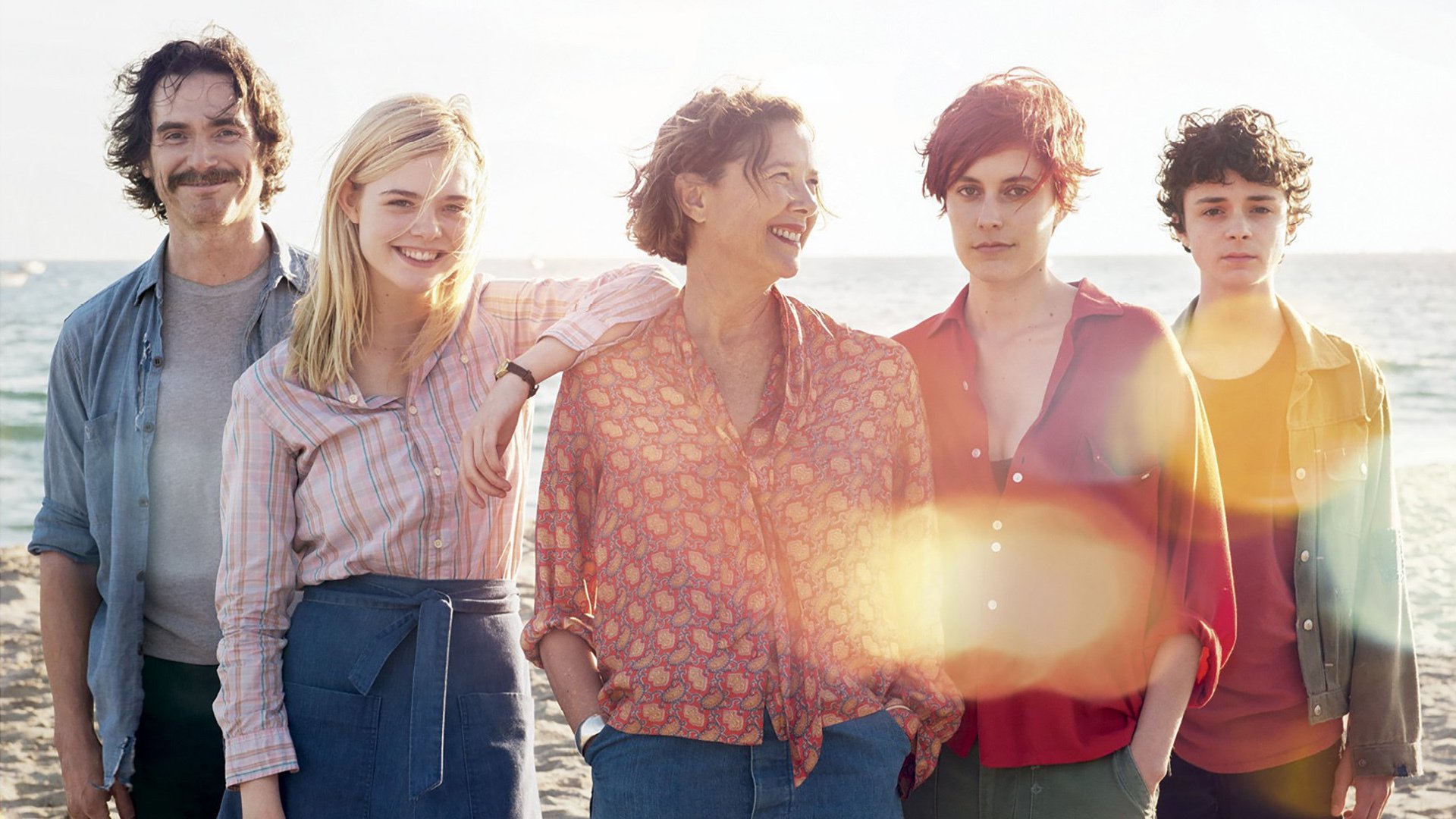Betting on Zero
by Rachel Willis
According to the Federal Trade Commission, a company is involved in a pyramid scheme if “the money you make is based on the number of people you recruit and your sales to them.” Bill Ackman, CEO of Pershing Square Capital Management, seeks to prove the multilevel marketing giant Herbalife is actually a pyramid scheme in writer/director Ted Braun’s documentary, Betting on Zero.
Ackman has risked billions of dollars shorting Herbalife stock. If you saw the movie The Big Short, the idea behind Ackman’s investment is the same. For Ackman’s clients to make money, Herbalife stock has to drop to zero. Though Ackman claims he has a moral obligation to prove Herbalife is a pyramid scheme, his investment can only lead to questions regarding his interest in the company’s failure. Herbalife stands firm that they are a legitimate multilevel marketing business.
As Braun watches the events unfold, he does a good job proving Ackman’s assertion. Over a dozen men and women tell their stories of being brought into the Herbalife fold, only to lose thousands of dollars trying to peddle an overpriced product while recruiting new distributors. For those with qualms about recruiting their friends and family, they find it’s impossible to make money selling the products. All but one of the former distributors featured in Braun’s documentary are Latino immigrants, highlighting Herbalife’s appeal to the Latino community and their desire to live the American dream. It’s heartbreaking to watch these former distributors talk about the “friends” who recruited them and the money they lost.
However, as the documentary proceeds, Ackman faces wall after wall trying to drive Herbalife stock to zero. First, investors don’t see the problem. A presentation Ackman gives is poorly attended and met with skepticism by those in the audience. Second, Carl Ichan, another Wall Street big wig, bets against Ackman; his purchase of Herbalife stock causes the share price to skyrocket. Based on Braun’s documentary, it seems investors don’t really care if Herbalife is a pyramid scheme as long as they make money.
The battle between Achman and Herbalife continues, so Betting on Zero doesn’t have a satisfactory conclusion, but the information presented makes for powerful viewing.

